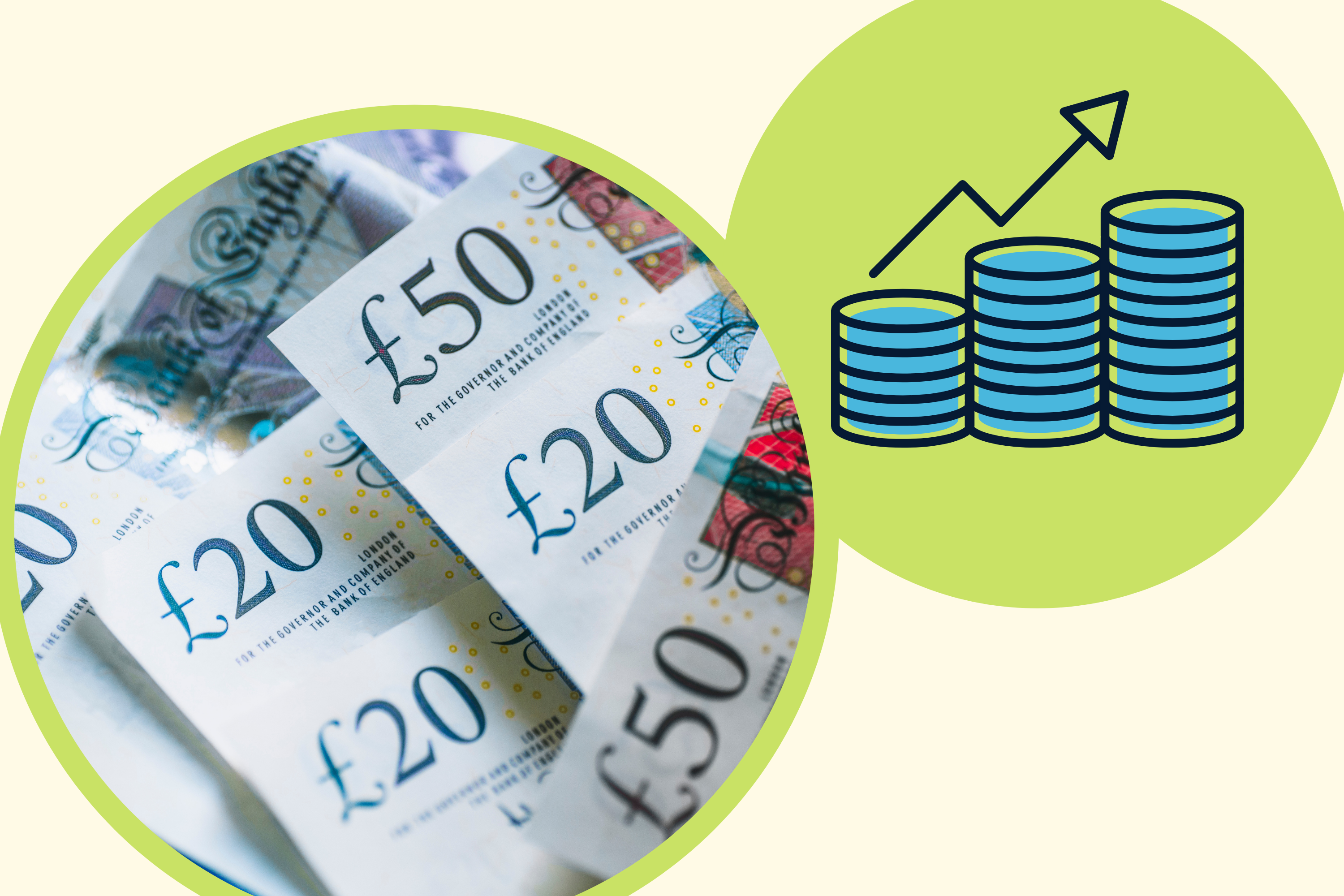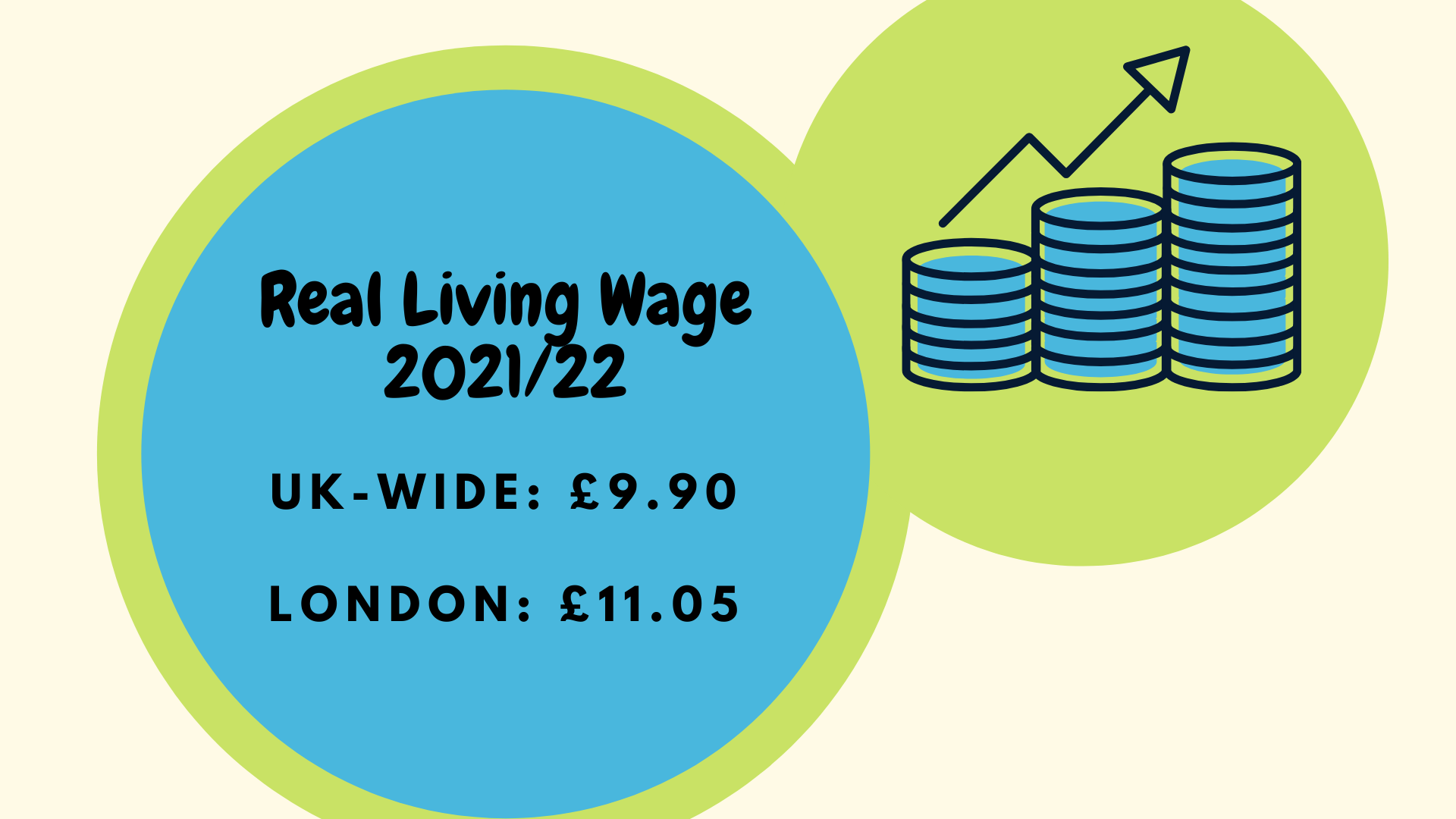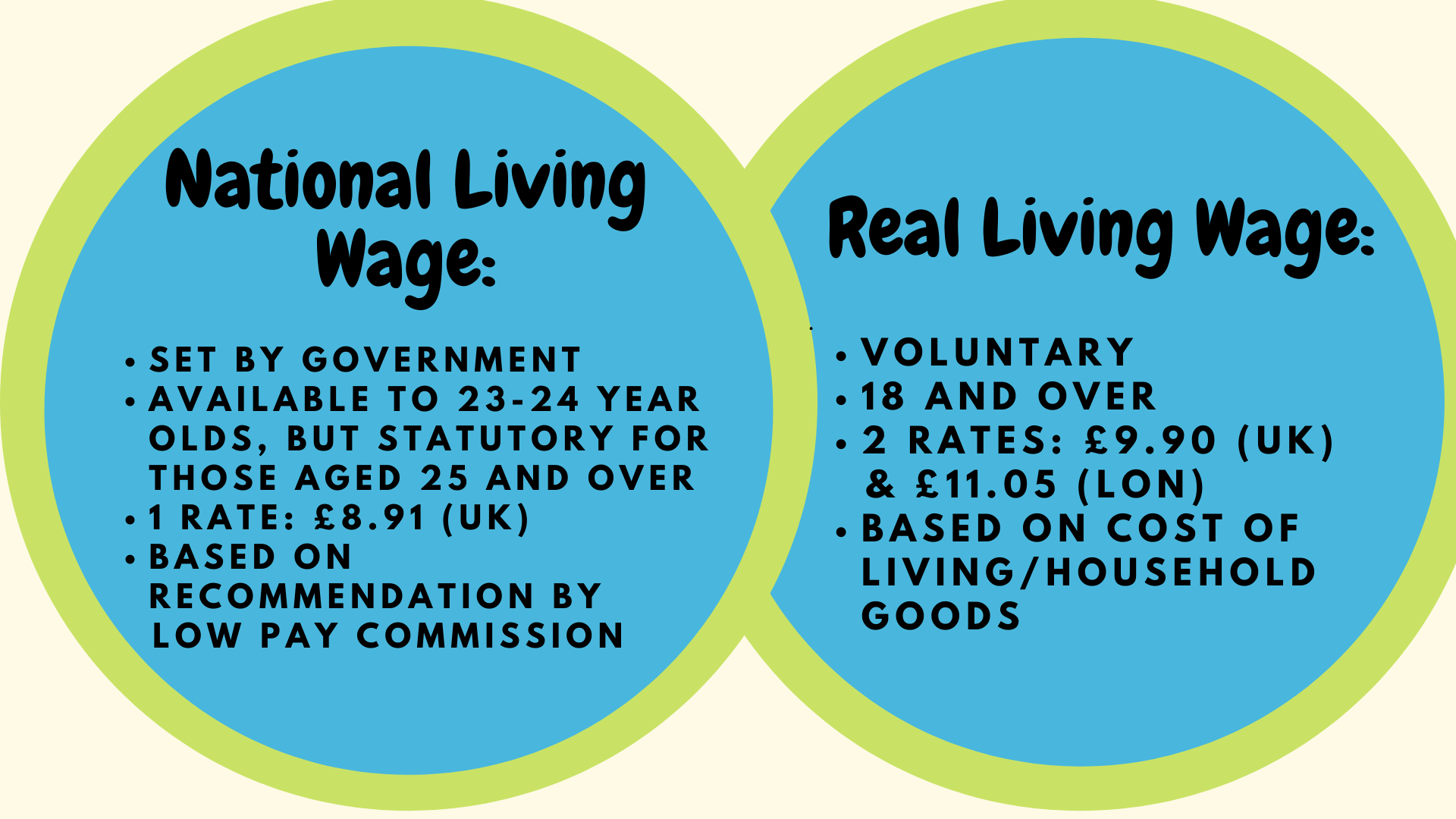When does the real Living Wage go up and how does it differ from the National Living Wage?


An increase for the real Living Wage has been announced, and workers are eager to know when it will come into effect.
Its good news for the 300,000 UK workers who are recipients of the real Living Wage. Just like the new minimum wage 2022, employees can expect a rise to take effect imminently. It promises extra pennies per hour that will know doubt help towards the weekly shop and paying those rising energy prices.
The new rate coincides with a surge from businesses to sign up to the scheme with a third of companies making the switch amidst the pandemic. It's understood that employers are hoping to gain staff loyalty during a time of labour shortages and slow economic growth.
When does the Living Wage go up?
The new Living Wage has increased by 40p nationwide. Employees signed up to the scheme have been asked to pay workers the new rate no later than 15 May 2022.
A statement on the Living Wage website reads, "Employers should implement the rise as soon as possible and within 6 months. All employees should receive the new rate by 15th May 2022."
As it currently stands in the UK - over 9,000 employers are signed up to the policy. With 3,000 new employers joining the scheme during the pandemic.
Notable companies that pay the wage include Nationwide bank, chocolatiers Nestle, Google, insurers Aviva and construction company Taylor Wimpey.
Parenting advice, hot topics, best buys and family finance tips delivered straight to your inbox.
What is the real Living Wage in the UK 2021?
From 15 November 2021, the wage is as follows:
- UK-wide: £9.90 an hour.
- London-based: £11.05 an hour.
The new rate sees an increase of 40p an hour to those living across the UK. Whilst the wage for employers in London has increased by 20p an hour.
This voluntary rate - which employers sign up to - is valid for all workers aged 18 and over.

Katherine Chapman, the Living Wage Foundation's director told the BBC that the increase would "provide hundreds of thousands of workers and their families with greater security and stability".
"It is still a pound, two pounds higher than the [national] minimum wage and that makes a huge difference," she added. "That means not having to worry about putting food on the table, or paying the bills at the end of the month."
The increase to the LW, follows news that Universal Credit is going up next year. With the 3.1% increase also hopign to make a difference during grocery shops too.
What is the difference between National Living Wage and real Living Wage?
The key difference is that the National Living Wage is set by the government whilst the real Living Wage is a voluntary scheme that employers can sign up for.
Employers are entitled by law to pay those aged 25 and over the government's National Living Wage of £8.91 per hour - and this rate applies to wherever you are in the country. Meanwhile the RLW is voluntarily available to those 18 and over. And has two different rates: one for London and one for the rest of the UK.

Officials also calculate them differently too. The government's wage is lower and based on recommendations by the Low Pay Commission (LPC). They take into account something called 'median earnings'. This is an average UK salary that splits the population into two groups: those earning above and those earning below.
"The real Living Wage rates are higher because they are independently-calculated based on what people need to get by," the website says.
They take into account the cost of living and prices of household goods. And they also suggest that the cost of living is higher in London. This is why the rate is different for workers in the capital.
Video of the Week:

Emily Stedman is the former Features Editor for GoodTo covering all things TV, entertainment, royal, lifestyle, health and wellbeing. Boasting an encyclopaedic knowledge on all things TV, celebrity and royals, career highlights include working at HELLO! Magazine and as a royal researcher to Diana biographer Andrew Morton on his book Meghan: A Hollywood Princess. In her spare time, Emily can be found eating her way around London, swimming at her local Lido or curled up on the sofa binging the next best Netflix show.